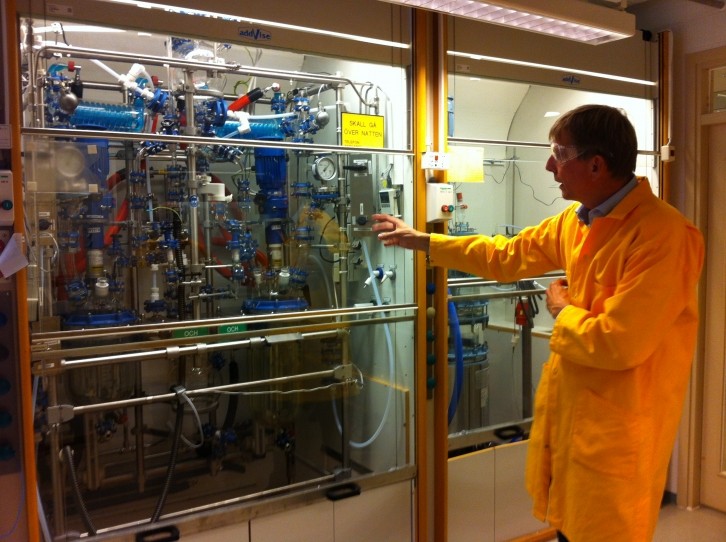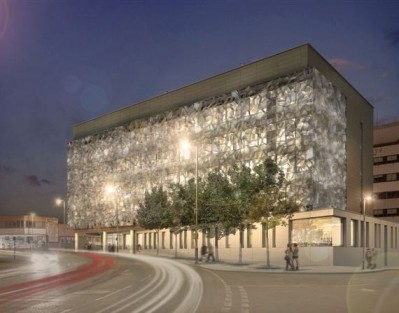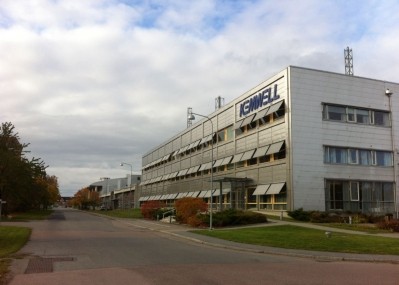Phøenix from the flåmes? Swedish firm makes the most of old AZ site

SP Process Development took over vacated AstraZeneca facilities one year after the pharma giant closed its major Swedish R&D centre as part of a global drive to cut 8,000 jobs. It plans a further expansion on the same site next month as part of its unusual process development model.
The 40-person organisation is owned by RISE, Sweden’s state-led technical research institute, although about 70% of its work is commercial contracts, said Head of Substance and Formulation Nicolaas Schipper when Outsourcing-pharma.com visited the site in Södertälje, Sweden.
AstraZeneca legacy
Schipper, himself a former Project Lead at AstraZeneca, said the resulting scattering of AZ employees to other life science companies around Stockholm means the area has a very well-connected network of ex-colleagues. “There probably isn’t a single biotech company in the area where we don’t have a contact.”
Founding SP Process Development came out of a “sense of needing to do something” to fill a local process development void, he said, especially considering AstraZeneca’s manufacturing side – now obliged to outsource early work – was “not satisfied” with the process development options available locally.
“We fill a void in the ecosystem in Sweden,” said Schipper, offering chemistry and formulation services at the early stage that falls between lab-scale animal studies and first clinical studies.
New plant
The company is expanding into neighbouring ex-AZ buildings with a development plant planned to open next month and be fully functioning by March 2015.
“We’re rebuilding because we want to deliver clinical trial material – the drug product you can use in the study.
“A very important part of it is scale-up chemistry, but it doesn’t need to be a drug. It can be for scaling up a new material someone has made in lab – and they want it made to a larger scale for experiments.”
The biggest challenges for scaling pharmaceutical material lie in the middle phase SP deals with, said Schipper. “Going from a 100L reactor to 1,000L is not such a big difference. All the problems are when you go from 20L to 100L.”
One of these problems is the not highly technical, but still vital, issue of stirring.
“You wouldn’t see any viscosity problems at small-scale. But suddenly [at larger-scale] when you need to get your product out and it’s a viscous gel on the sides of your reactor, you need to spoon it out, and that’s a process that doesn’t work at large scale any more.”
The company’s solution is a pilot plant “where people can test their scale-up before going away for larger scale.”
“What we try to do is make our lab equipment very similar to the equipment [client companies] have at larger scale so it’s more easily translatable.”
SP will buy in some new equipment for the development plant but will also install machines it has taken over from AstraZeneca.
While Schipper stressed AstraZeneca is now an SP client like any other, he added that having ex-AZ staff on the payroll and using their old equipment means “they know we work in similar ways – it’s easier to make us understand what they need.”














